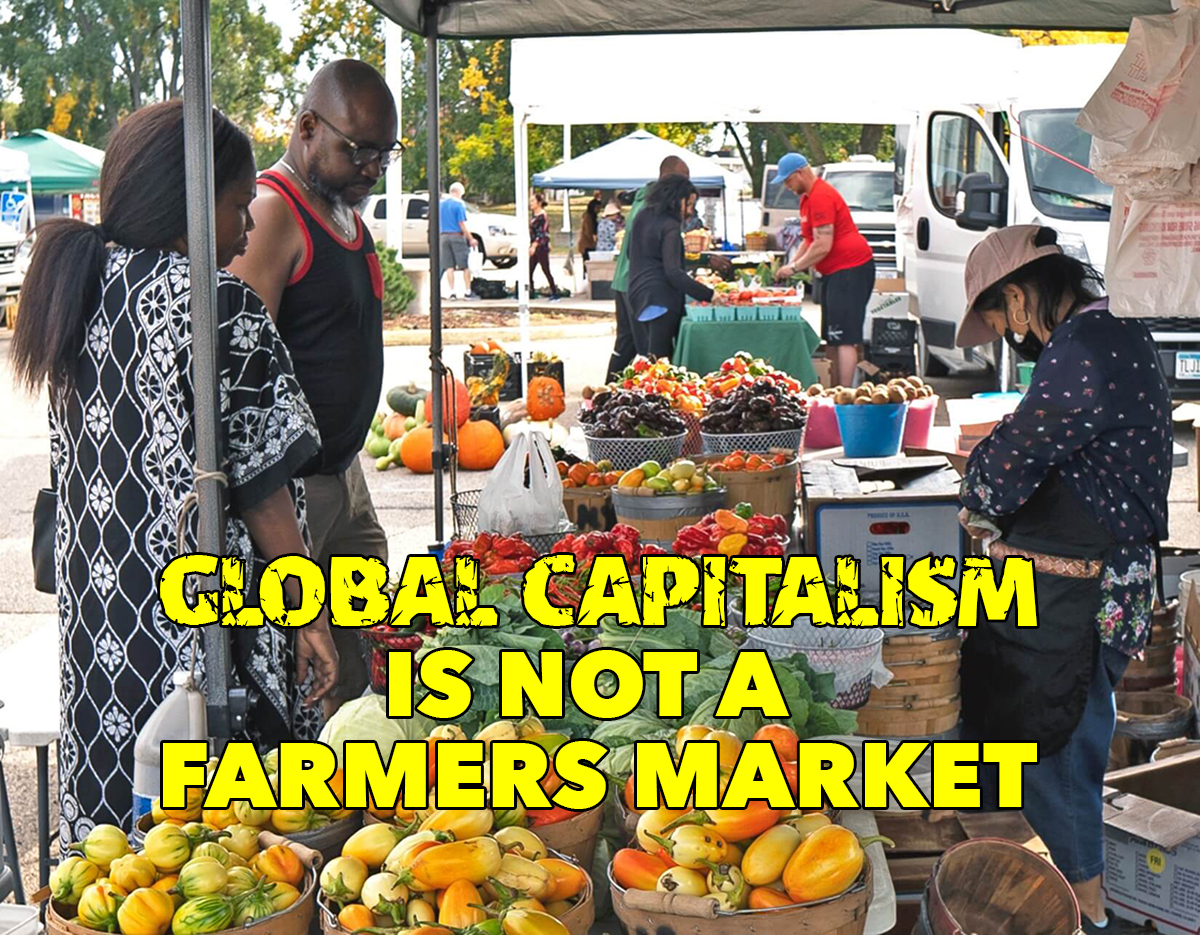Subscribe to Zero-Sum Pfear & Loathing


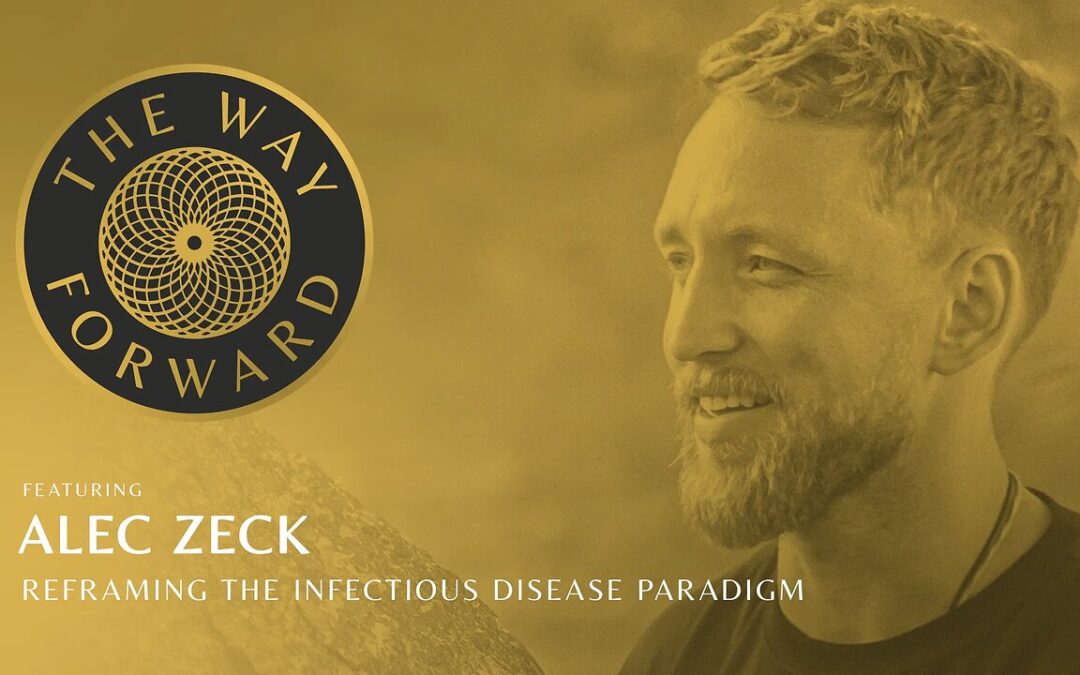
Here’s 17 reasons why it really matters.
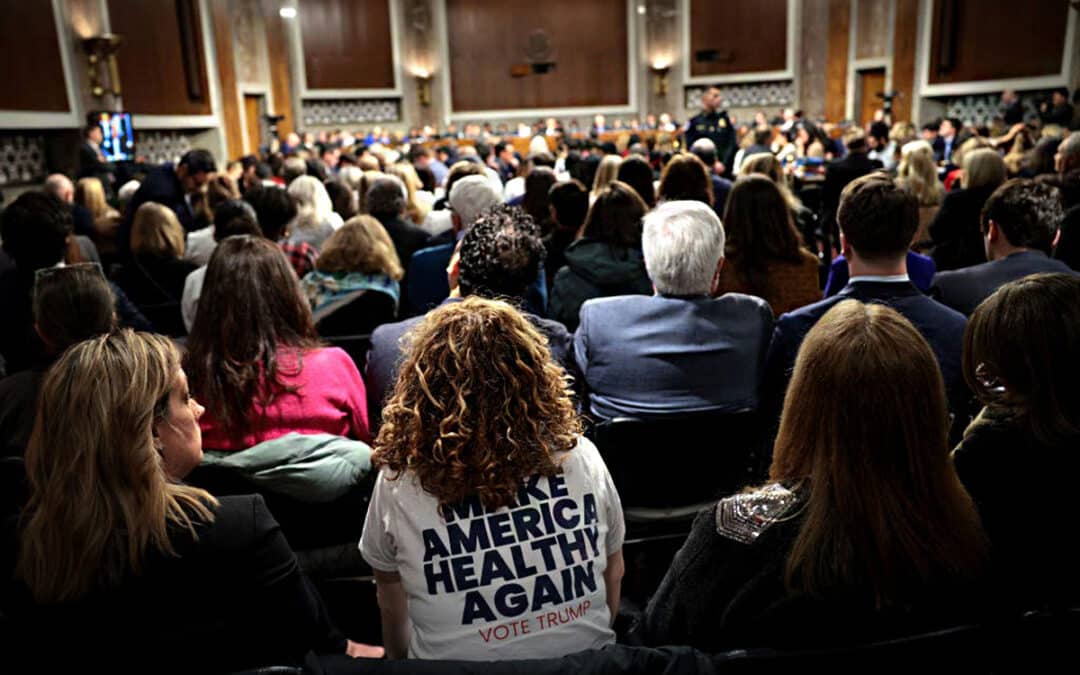
There is nothing RFK Jr. can do at the Department of Health to make up for what’s happening at the EPA.
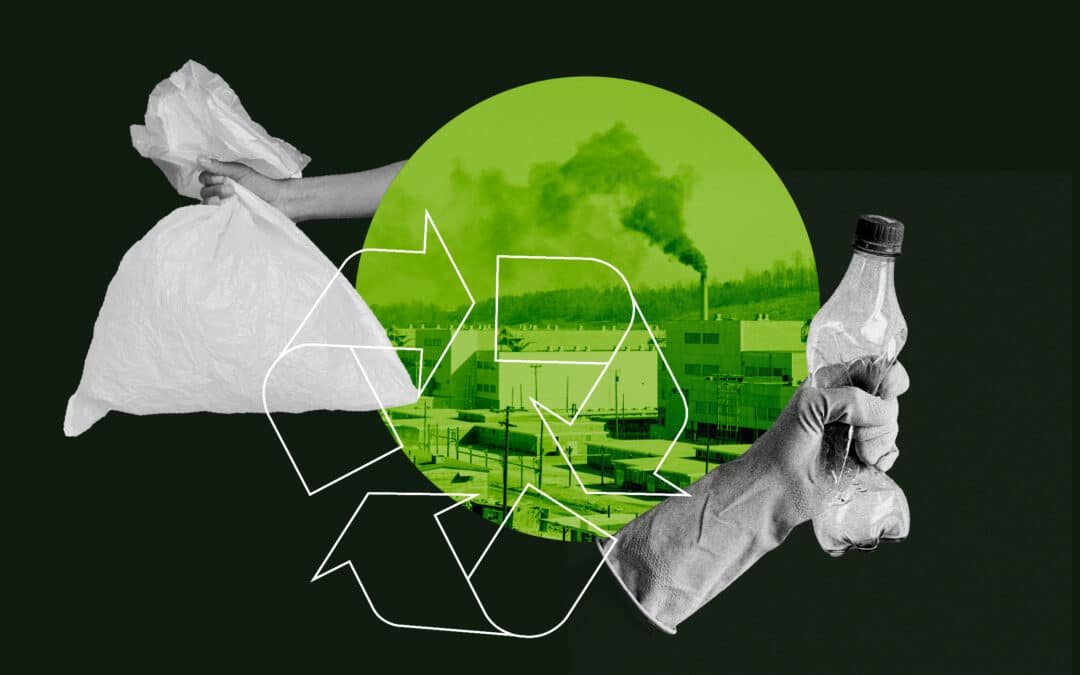
Critics argue that the agency’s work with a lobbying group is a conflict of interest.

Given that the timing of Gen Z’s mental health decline coincides with the rise of the smartphone-social media ecosystem, an obvious hypothesis is that smartphones and social media are causing a mental health epidemic in young people.
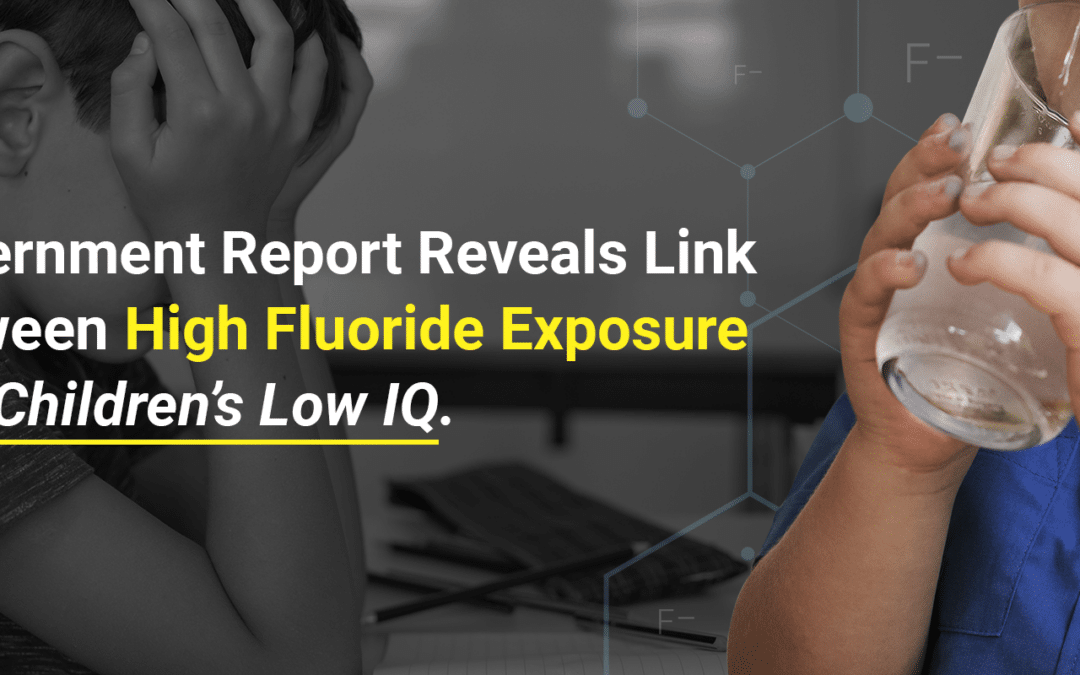
Over 2 million pregnant women and over 300,000 exclusively bottle-fed infants are still being exposed to high levels of fluoride in their tap water, added voluntarily by municipalities based on erroneous statements like Dr. Lewis’ in the AAP press release affirming safety.

Recent studies have revealed new and disturbing information about PFAS, the “forever chemicals” that have contaminated nearly every part of our environment. Action Alert!

